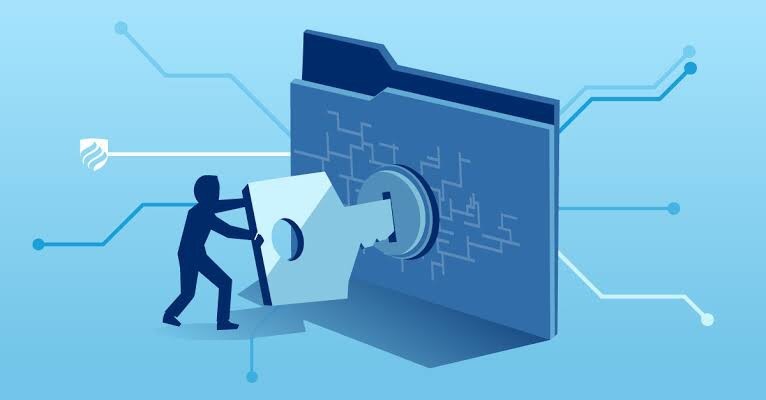Internet Satety Practices
 Ukah Nnaemeka
Ukah NnaemekaTable of contents

The internet has revolutionized the way we live our lives, Enabling us to read the news, enjoy entertainment, carrying out research, book our holidays, buying and selling, networking, learning, banking and carrying out many other everyday tasks. However, there are a number of risks associated with going online. These result from either visiting malicious websites or in advertent disclosure of personal information.
WHAT IS INTERNET SAFETY
In simple terms, Internet safety refers to the act of staying safe online. It is also commonly known as E-Safety and Cyber Safety. It encompasses all technological devices which have access to the internet from PCs and Laptops to the Smartphones and Tablets. Being safe online means individuals are protecting themselves and others from online harms and risks which may jeopardize their personal information, lead to unsafe communications or even affect their mental health and well being.
WAYS OF IMPROVING INTERNET SAFETY PRACTICES
These safety practices include;
1. Using The Most Up-To-Date Version Of Your Operating System
Your operating system is the main piece of software controlling your computer. Which includes; Microsoft Windows, Macintosh OS and Linux. All new computers have their software installed. The most recent version of the software is usually the most secure.
2. Use Strong Passwords
Many websites use passwords to protect your identity. If your passwords are easy to guess, Someone else could work out what they are. Using strong passwords is important especially when spending money online. And passwords should not be the same on all the websites you use.
3. Using Up-To-Date Antivirus Software
Antivirus software checks your computer for viruses and alerts you about those it recognizes. It's important to keep this software up-to-date, As new viruses are being created all the time. In other words, use good antivirus like Kaspersky Antivirus, Avast Antivirus, Bitdefender Antivirus.
4. Enable Multi-Factor Authentication
This is an authentication method that asks users to provide two or more verification method to access an online account.
5. Using Virtual Personal Networks (VPN)
A VPN makes your internet connection private by changing your IP address, which is your location. It also hides the sensitive data you send over, including bank details when you're shopping online and other private information that can be compromised. The VPN keeps you safe and makes your identity anonymous.
6. Be Careful What You Download
A top goal of cybercriminals is to trick you into downloading malware. Malware might be disguised as an app or it could be hidden on a malicious websites that attempts to install malware on your device. Malware caused damages such as; disrupting how your device operates, Stealing your personal data or allowing unauthorized access to your machine. Think carefully before downloading anything onto your device and only download content from trusted or official sources.
7. Be Careful About WIFI
Avoid connecting to unsecured public WIFI networks. And also make sure your own WIFI networks are protected with strong passwords.
8. Avoid Suspicious Online Links
Avoid suspicious links from untrusted sources, and spam emails which includes; Click bait, Online quizzes, Tabloid headers, Free offers or unsolicited ads.
9. Avoid Suspicious Online Sites
Only log into sites that starts with https://. If you are about to log into any sites, make sure the address at the top of your web browser starts with https:// and not http://. The "S" stands for "Secure" and it means the site is encrypting your data and the site is safe and secured.
SUMMARY
In summary of what was learnt in the Ada Project Office hour and my research so far gave me more understanding in the lesser known areas of the internet, Like; Web page interactions, Code, Secure connections. The internet safety requires you to have a firm comprehension of the internet, What's on it, How it's used, and How it operates.
REFERENCE: Ada Project Office Hour: https://youtu.be/MVQhdi_C4cc
www.Kaspersky.com.
Subscribe to my newsletter
Read articles from Ukah Nnaemeka directly inside your inbox. Subscribe to the newsletter, and don't miss out.
Written by
